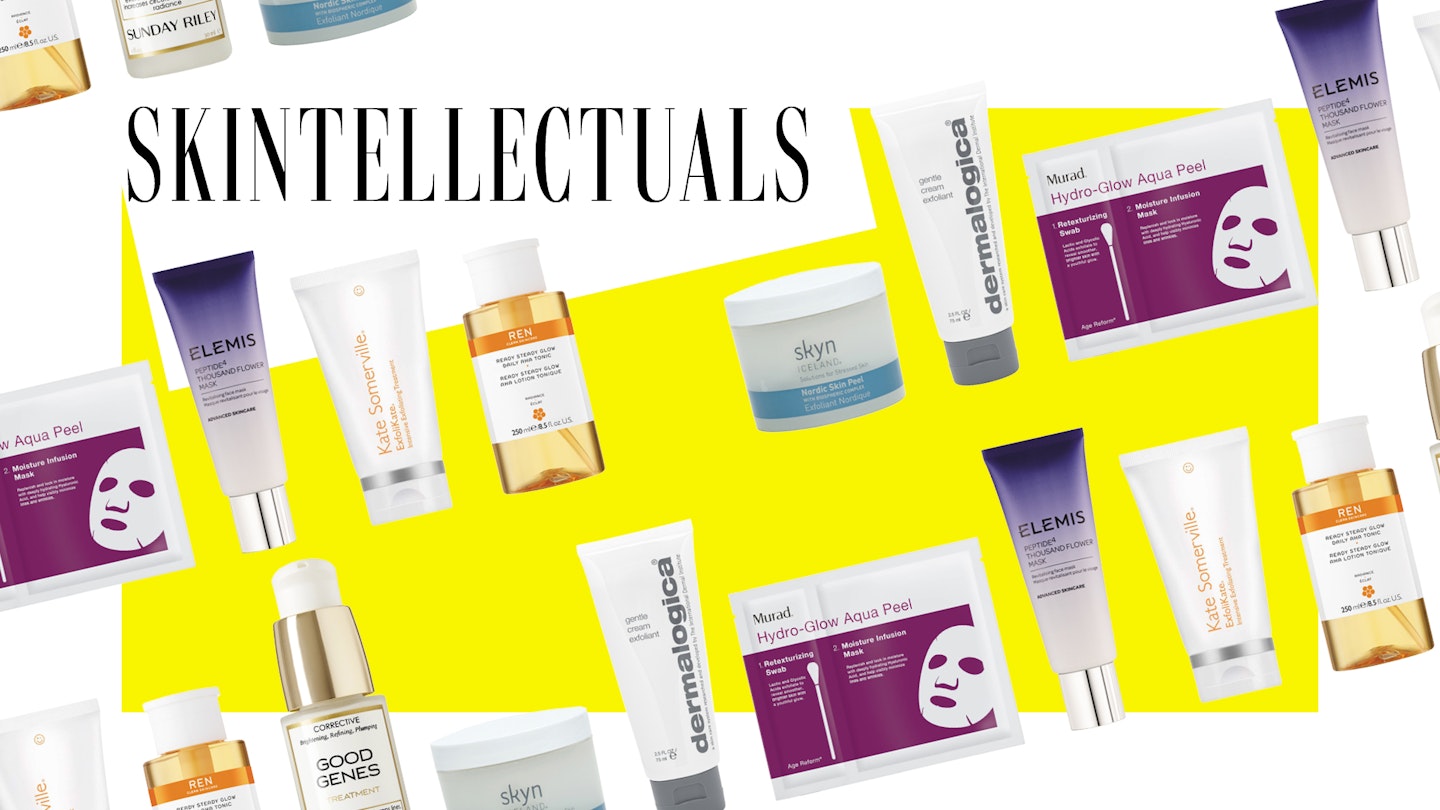What is Lactic Acid?
Lactic Acid is part of the chemical exfoliant group known as AHAs (aka alpha-hydroxy acids). These natural acids are used as chemical exfoliants that dissolve the dry cells in the top layer of our skin.
What does Lactic Acid do to your skin?
It can help to fight off breakouts, wrinkles and give you a brighter and more even complexion. Dr Anjaki Mahto, Author of The Skincare Bible, explains, “Exfoliationshould be a regular part of your skincare routine. It gives an instant improvement to the skin by removing the dull, dry layer of upper skin cells.” Chemical exfoliators like Lactic Acid do just that, “They break down the ‘glue’ that holds together surface skin cells. This isn’t as awful as it sounds! The top layer of our skin is already dead, and AHAs help the skin to shed it naturally. Once the exfoliating chemicals are removed, your skin should appear brighter and feel smooth.”
Where does lactic acid come from?
REN Clean Skincare Global Brand Ambassador, David Delport says, “Lactic Acid is my favourite exfoliating molecule. It is already present in a film that lies on top of the epidermis layer of your skin. This means that when used topically it works comfortably with your skin’s physiology.”
As well as your epidermis, Lactic acid is also present in milk, although most forms used in cosmetics tend to be synthetic, as that form is more straightforward to formulate and stabilise.
Who is lactic acid good for?
All skins, but mainly for the more sensitive ones amongst us, as it is the most gentle exfoliating acid. David Delport from Ren Skincare explains, 'Lactic Acid’s molecule size tends to be larger when compared to other chemical exfoliators like Glycolic. The benefit of this is that it takes a little longer to work into the skin and helps you to avoid the redness shock that some AHAs can give you. It is also a water-attracting molecule which means you can expect better hydration when comparing it to other acids and it should give you a nice skin plumping effect.'
What forms does it come in?
It can be found in solutions, serums, creams and peels. Chemical grade peels should always be carried out by a professional aesthetician, but it does also exist in weaker (non-medical grade) formulations that are safe to be carried out at home.
Is it ever dangerous to use Lactic Acid?
It is uncommon, but some individuals will find Lactic Acid too harsh for their skin and they can seek gentler alternatives in the form of honey or fruit enzymes like papaya or pineapple.
However, the biggest mistake that most users make when using exfoliating acids like Lactic is that they don’t protect their complexions afterwards.
Chemical exfoliants are excellent at removing dead cells, but it is important to know that when doing so, they remove the outer layer of your skin, which can make you more vulnerable to the damaging effects of UV rays.
Because of this it is vital that you protect yourself and apply SPF daily - not just the day after exfoliation. It is also a good idea to give your skin even more support and add some natural antioxidants in your routine, products that contain nourishing Vitamin E and plant extracts such as Rose Hip Oil are excellent at supporting the skin’s barrier.
How often should you use lactic acid?
Don't overuse it - like all exfoliators 1-2 times, a week is enough. You shouldn’t be using one every day.
What are the best products that contain Lactic Acid?
Dermalogica Gentle Cream Exfoliant, £39.50, Look Fantastic
Kate Somerville Exfolikate Treatment, £72, Kate Somerville
Skyn Iceland Nordic Skin Peel, £39, Cult Beauty
Sunday Riley Good Genes Serum, £85, Net A Porter
Ren Ready, Steady Glow Daily AHA Tonic, £25, Ren Skincare
Elemis Peptide4 Thousand Flower Mask, £37, Feel Unique
Murad Hydro-Glow Aqua Peel, £40, Look Fantastic
